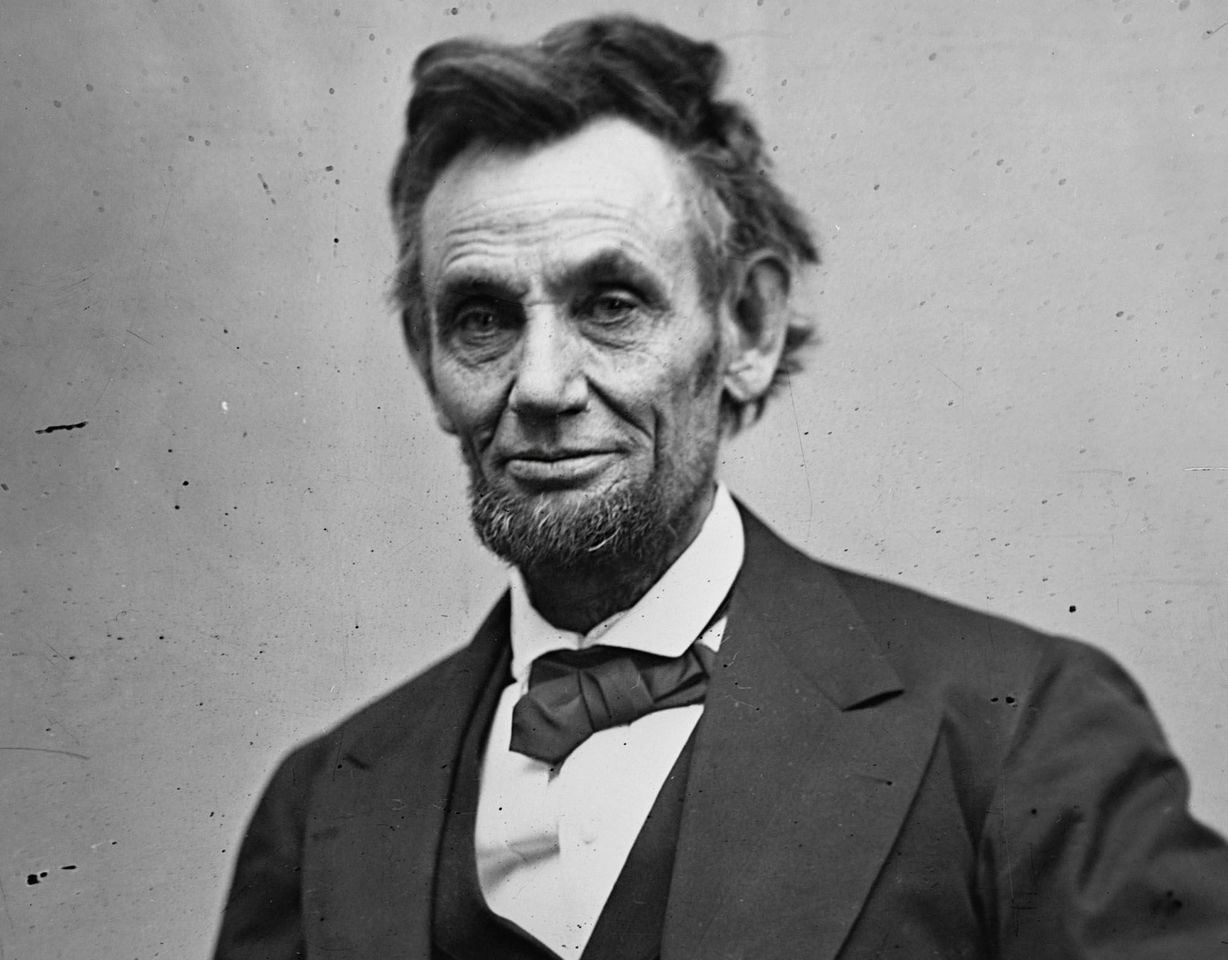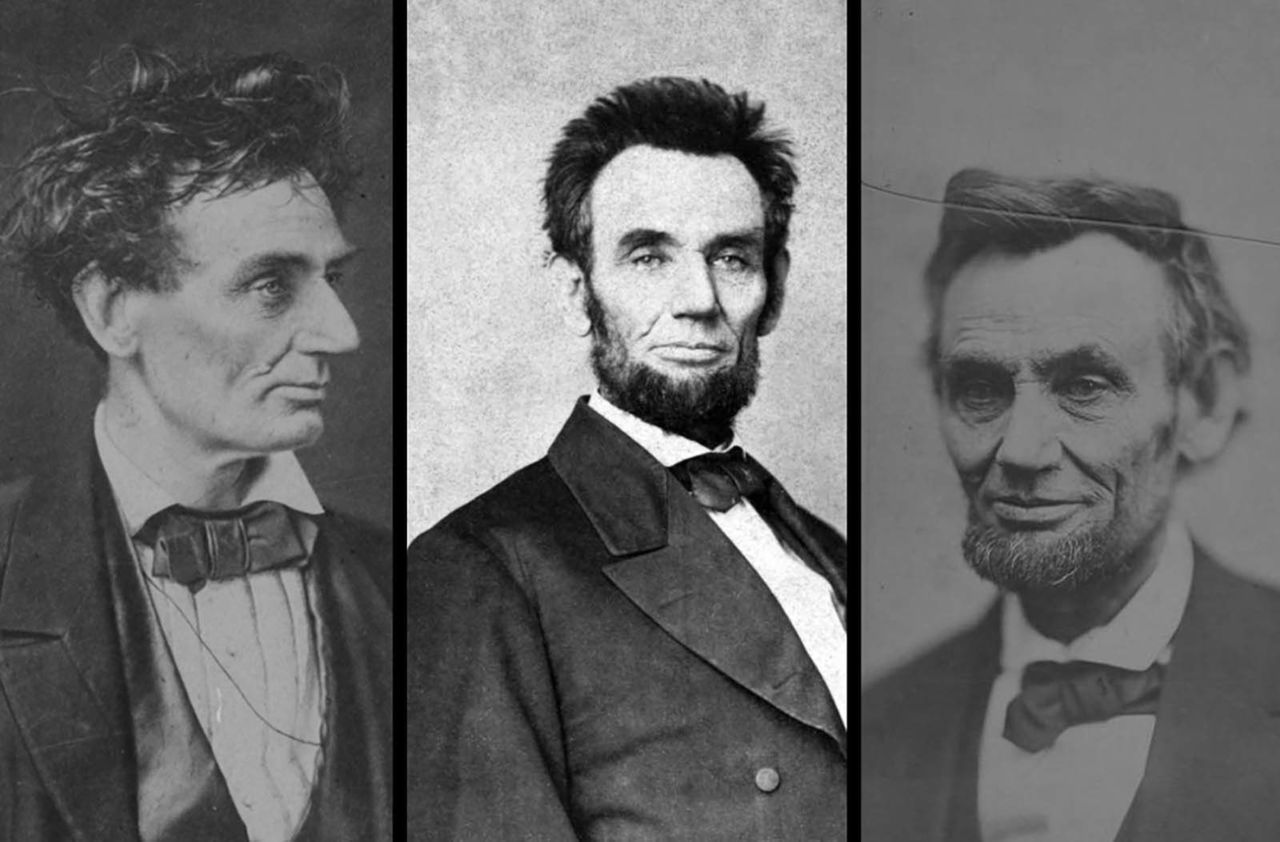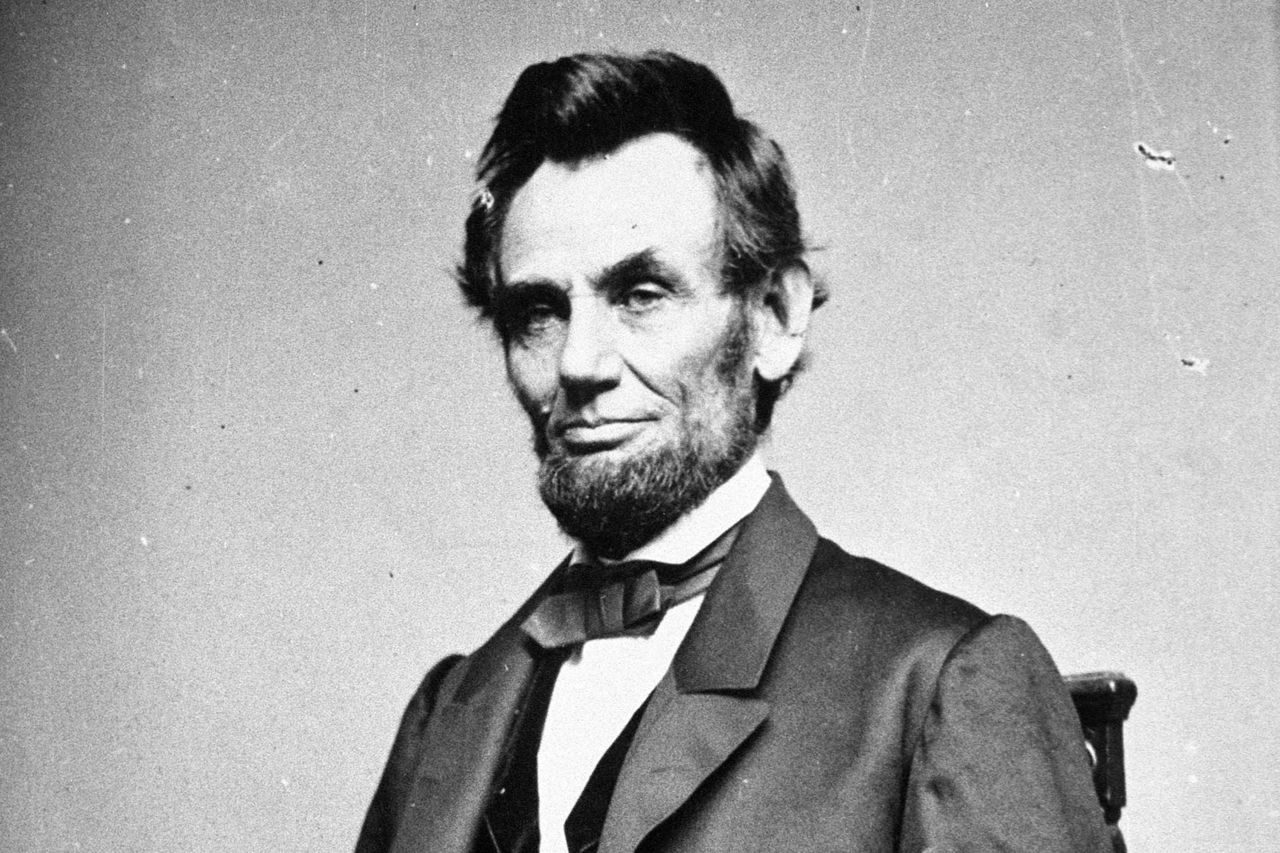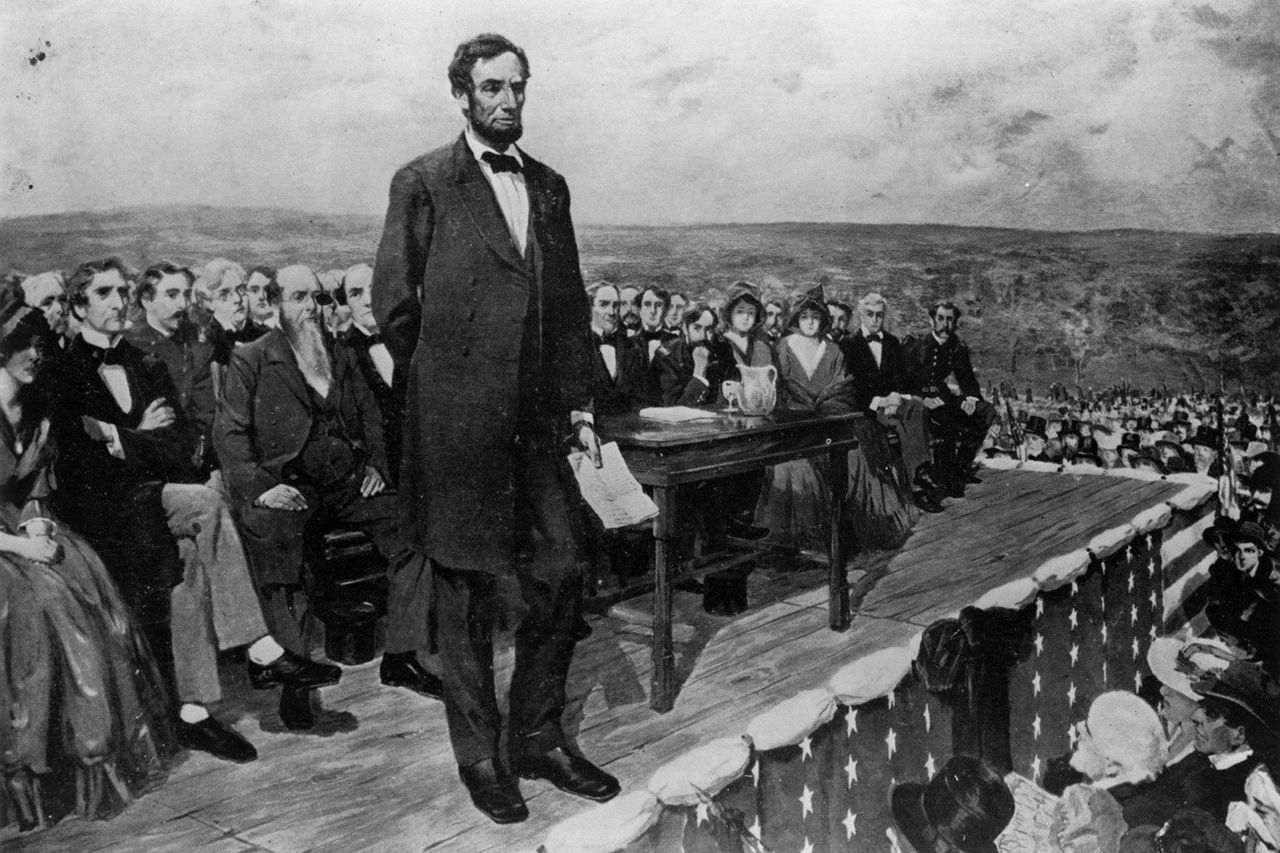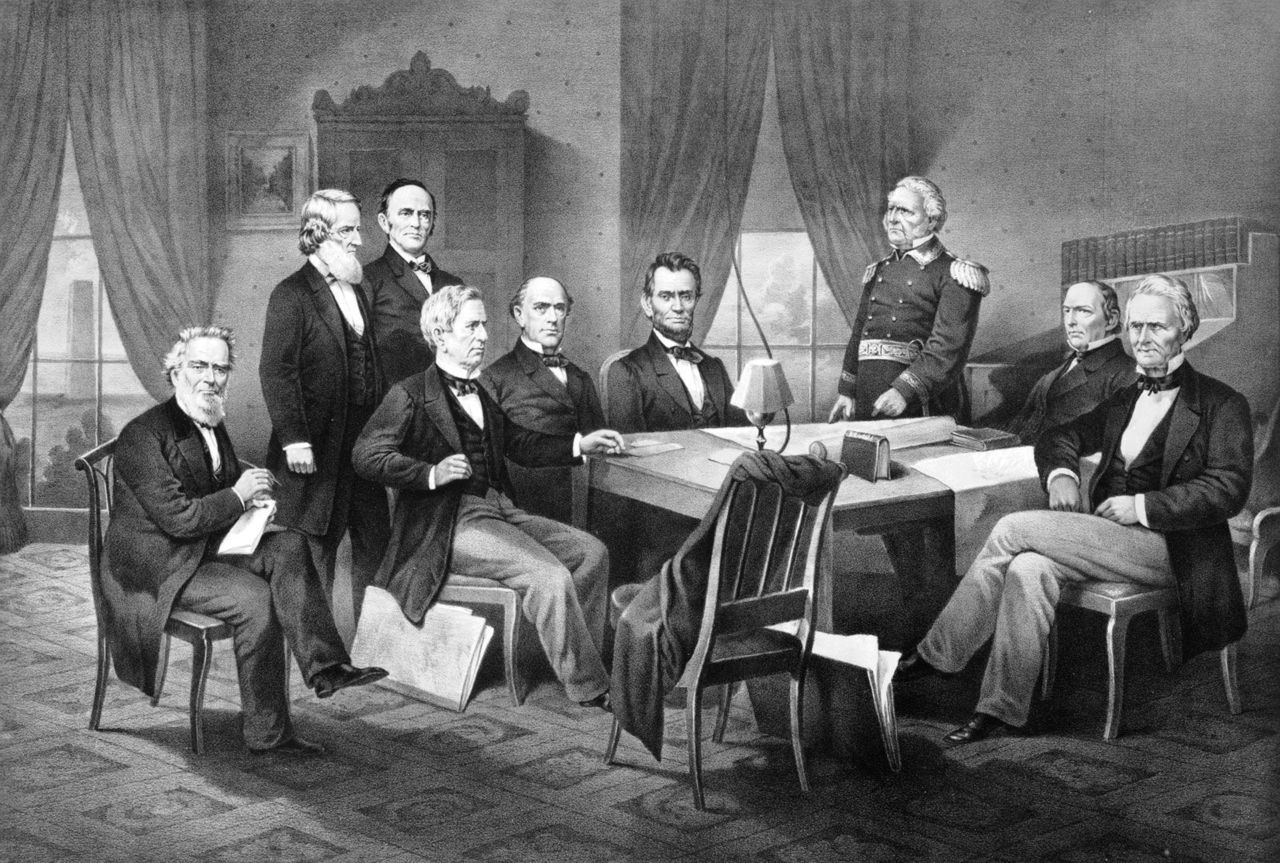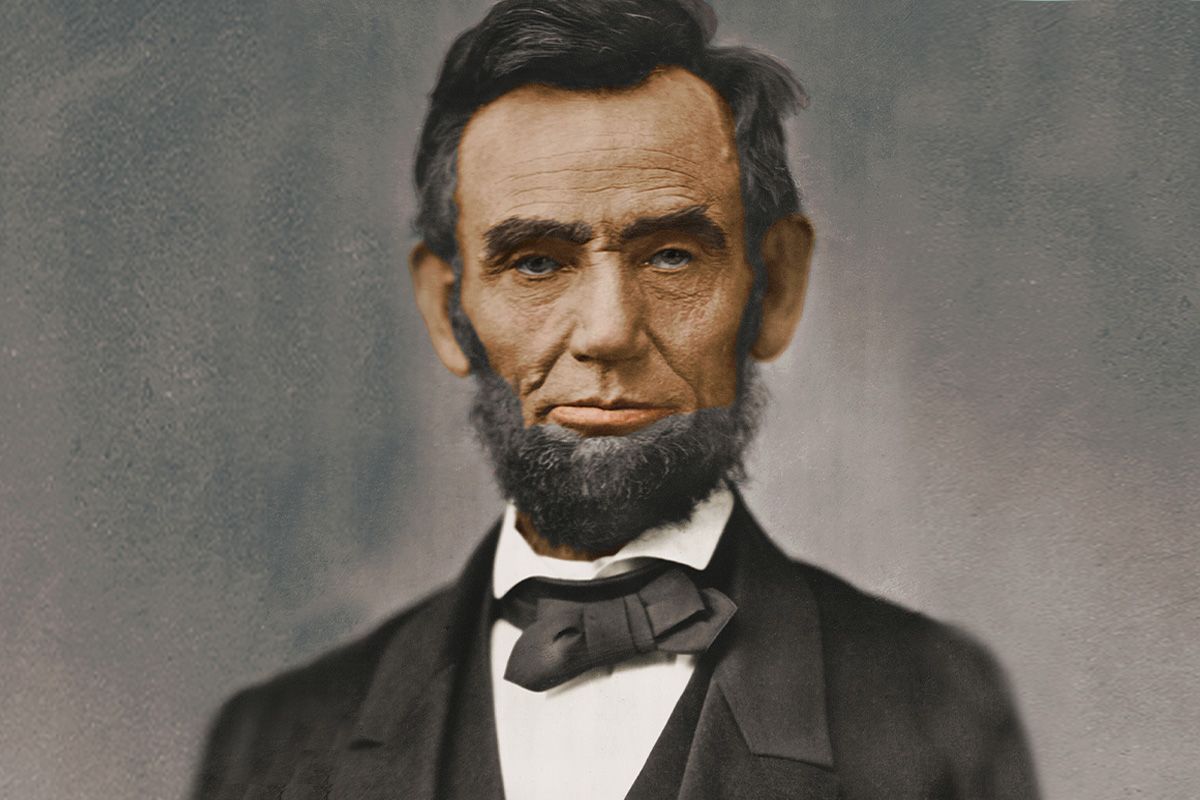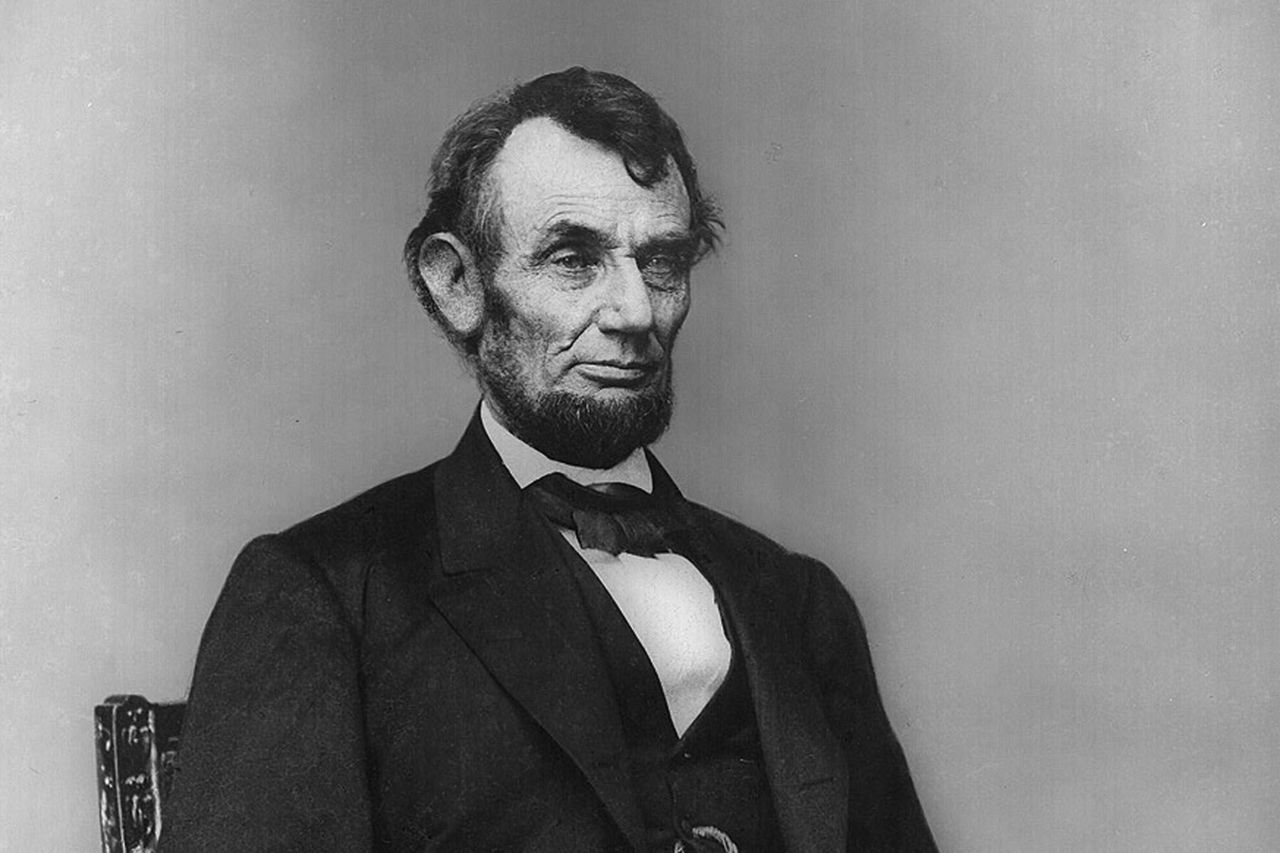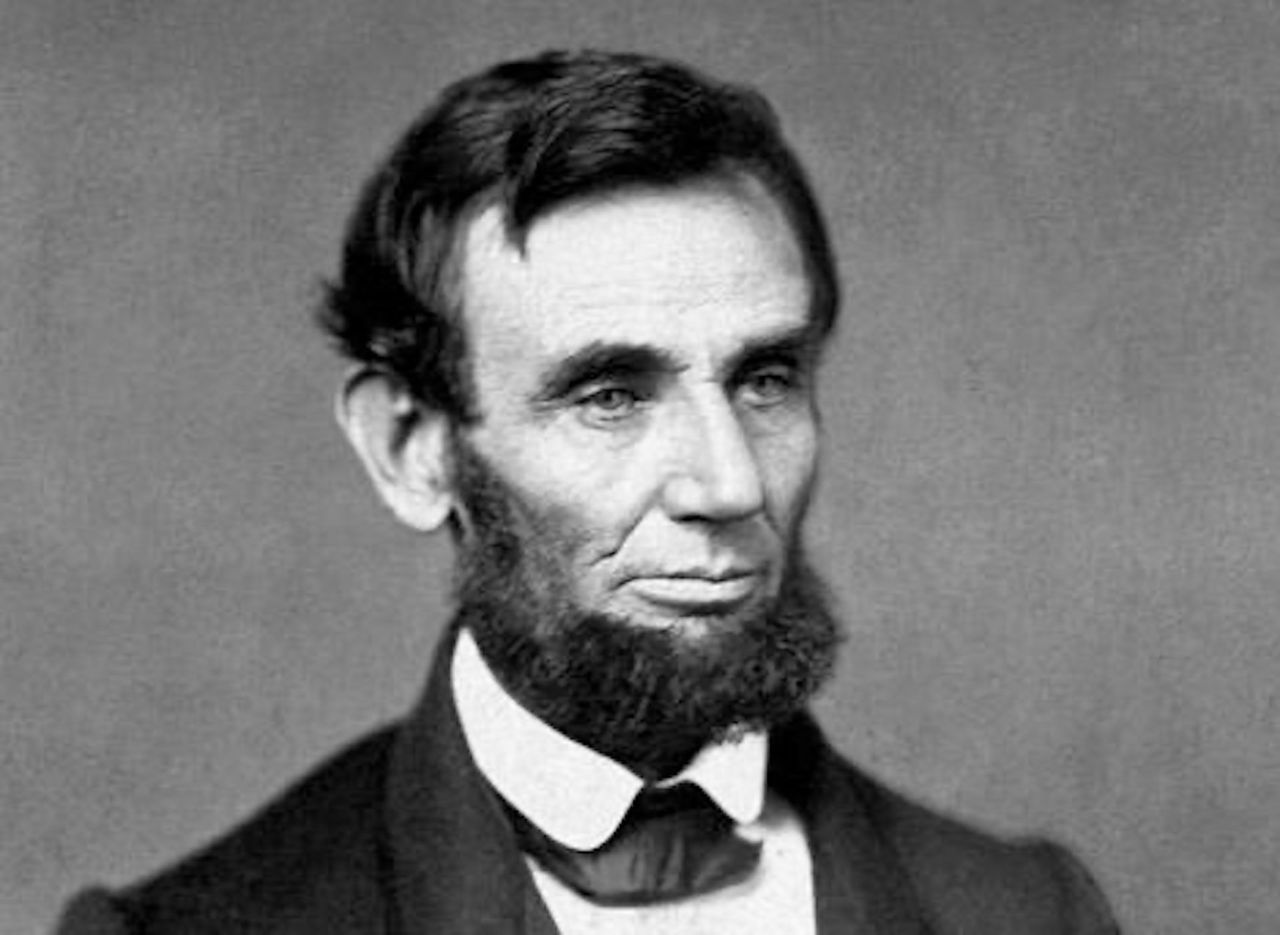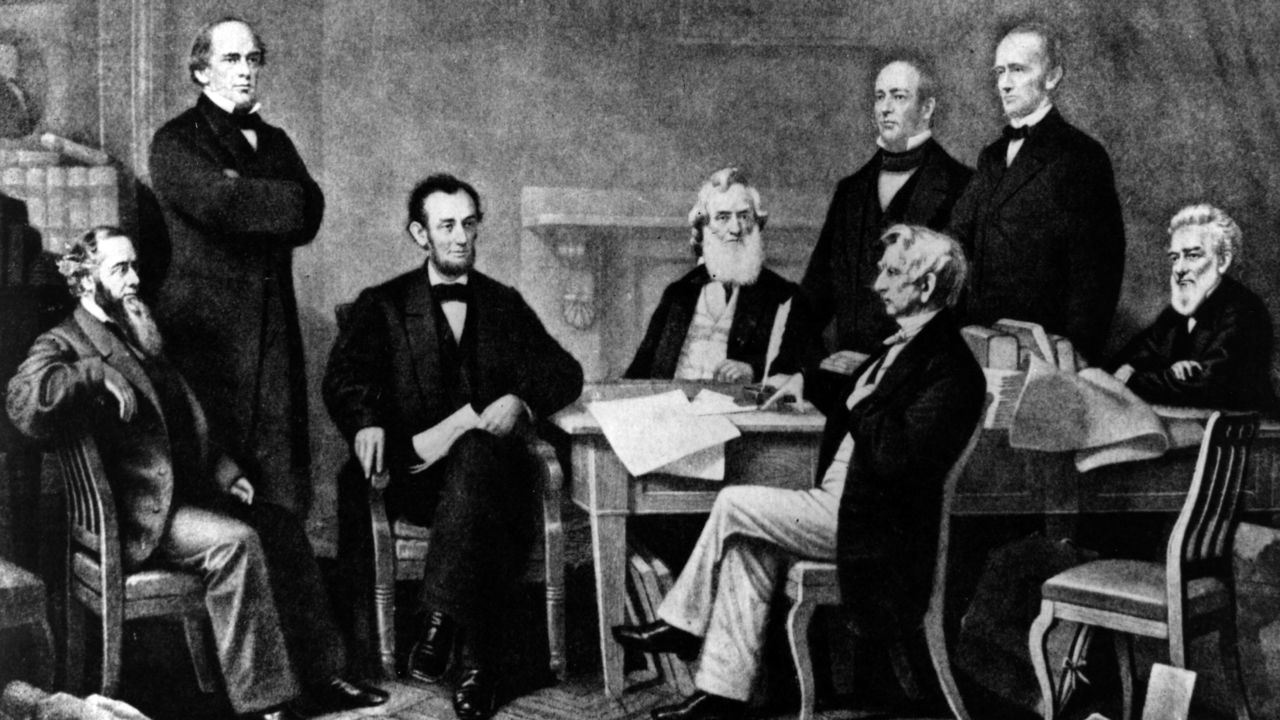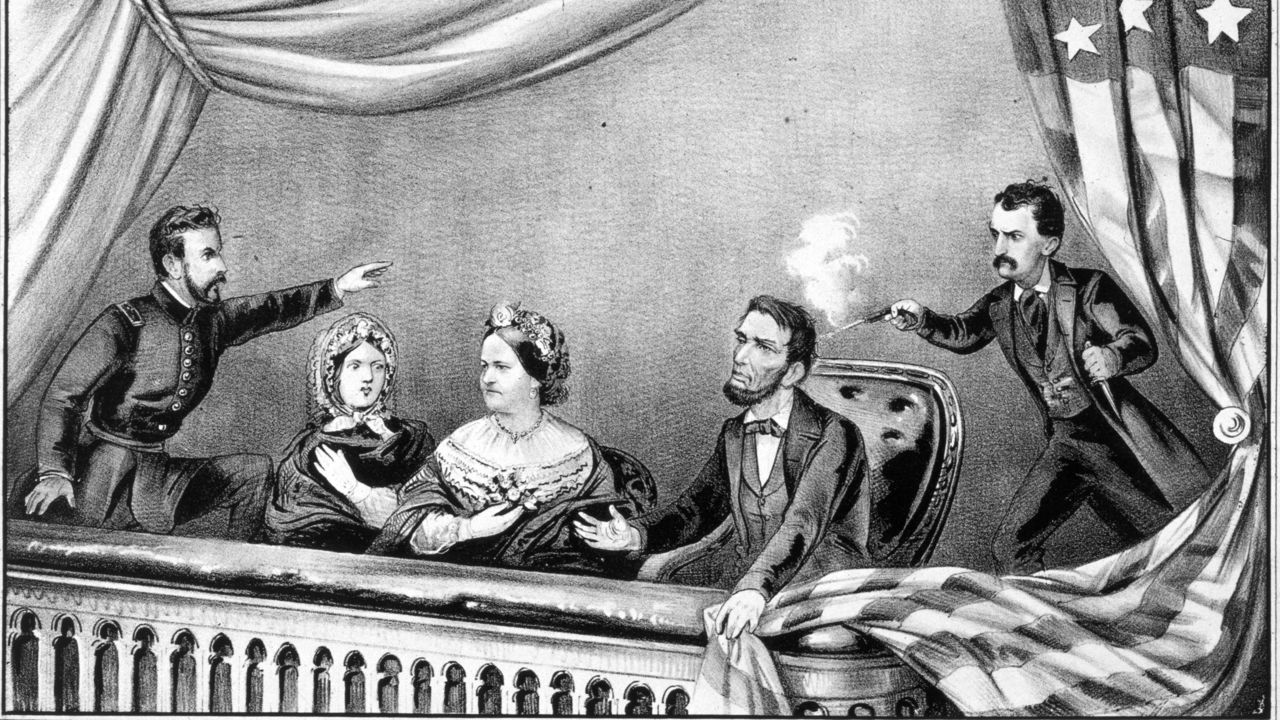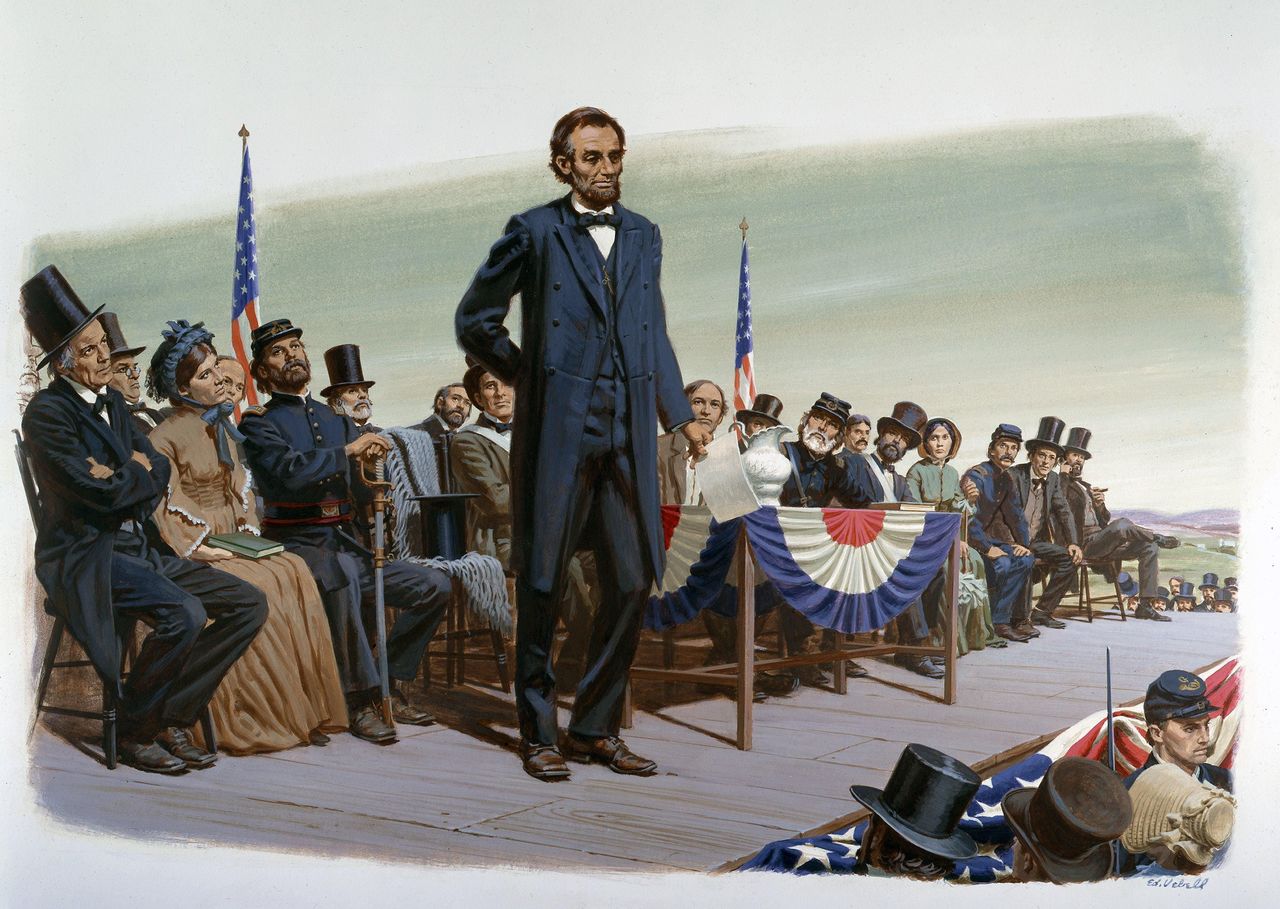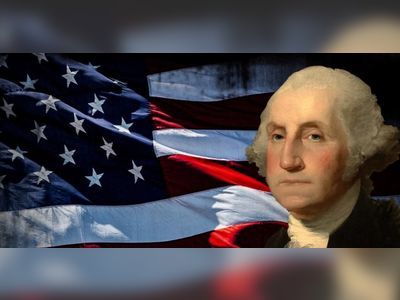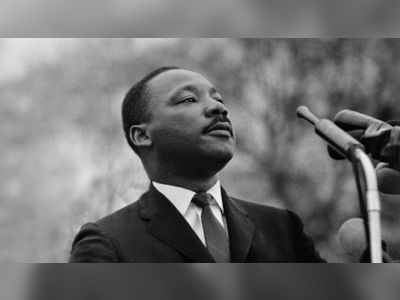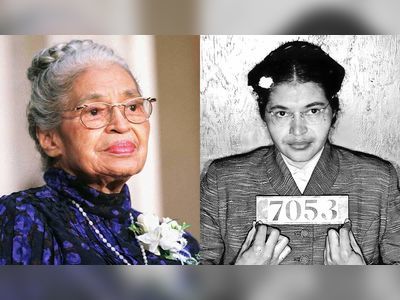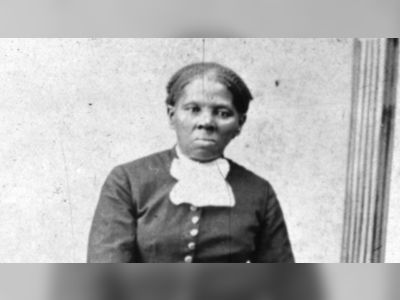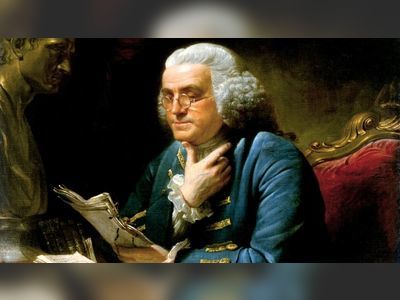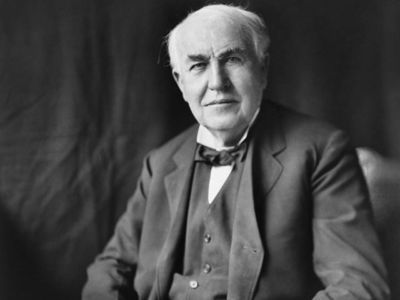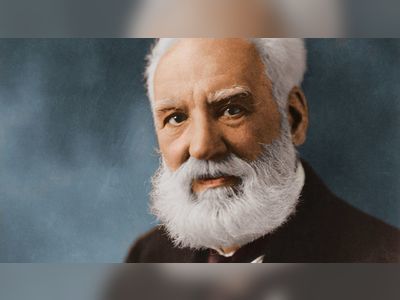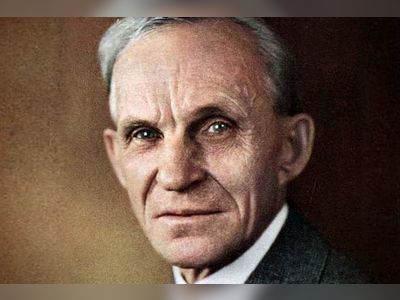American Talent
The Greatest That Made It Great
American ingenuity architects
A chronicle of brilliance
The Emancipation Proclamation, by Abraham Lincoln
America's progress toward becoming a more perfect union was profoundly influenced by Abraham Lincoln's visionary leadership and outstanding political skill. His Emancipation Proclamation was a watershed moment in American history, ushering in a new era of freedom and equality for everyone. His extraordinary abilities as a leader, communicator, and agent of transformative change establish him as one of the most significant figures in America's history.
The sixteenth president of the United States, Abraham Lincoln, is often regarded as one of the greatest American presidents of all time. Lincoln's influence on the United States extends much beyond the turbulent years of the American Civil War, which he led the country through. The Emancipation Proclamation, which reflected his ideas of equality, liberty, and democracy, had a profound impact on American politics and society.
Lincoln's political savvy played a major role in the Proclamation's timing and wording. He waited until the Union had won a decisive victory at Antietam before making the declaration. This shrewd maneuver insured the order would be seen not as a last-ditch effort, but as a determined, moral choice.
Lincoln's ability to influence public opinion and get support for his programs relied heavily on his skill as a communicator. Examples of great American oratory from his time are the Gettysburg Address and his second inaugural address. Lincoln skillfully used his oratory to defend the Emancipation Proclamation and define the greater goal of a "new birth of freedom."
Leading a Country to Victory in War
The Civil War, a bloody and destructive battle fought for the ideals of union and freedom, dominated Lincoln's presidency. Lincoln successfully navigated these challenging seas due to his unrelenting dedication to defending the Union and abolishing slavery. His foresightful leadership and unwavering determination were vital in the Union's eventual success.The Proclamation of Freedom from Slavery
One of the major points of Lincoln's presidency and the Civil War was the proclamation of freedom for slaves on January 1, 1863. This document said "that all persons held as slaves" within the rebelling states "are, and henceforward shall be free." Not all slaves were instantly set free, but the war's focus turned from protecting the Union to ending slavery.Lincoln's political savvy played a major role in the Proclamation's timing and wording. He waited until the Union had won a decisive victory at Antietam before making the declaration. This shrewd maneuver insured the order would be seen not as a last-ditch effort, but as a determined, moral choice.
Lincoln's ability to influence public opinion and get support for his programs relied heavily on his skill as a communicator. Examples of great American oratory from his time are the Gettysburg Address and his second inaugural address. Lincoln skillfully used his oratory to defend the Emancipation Proclamation and define the greater goal of a "new birth of freedom."
